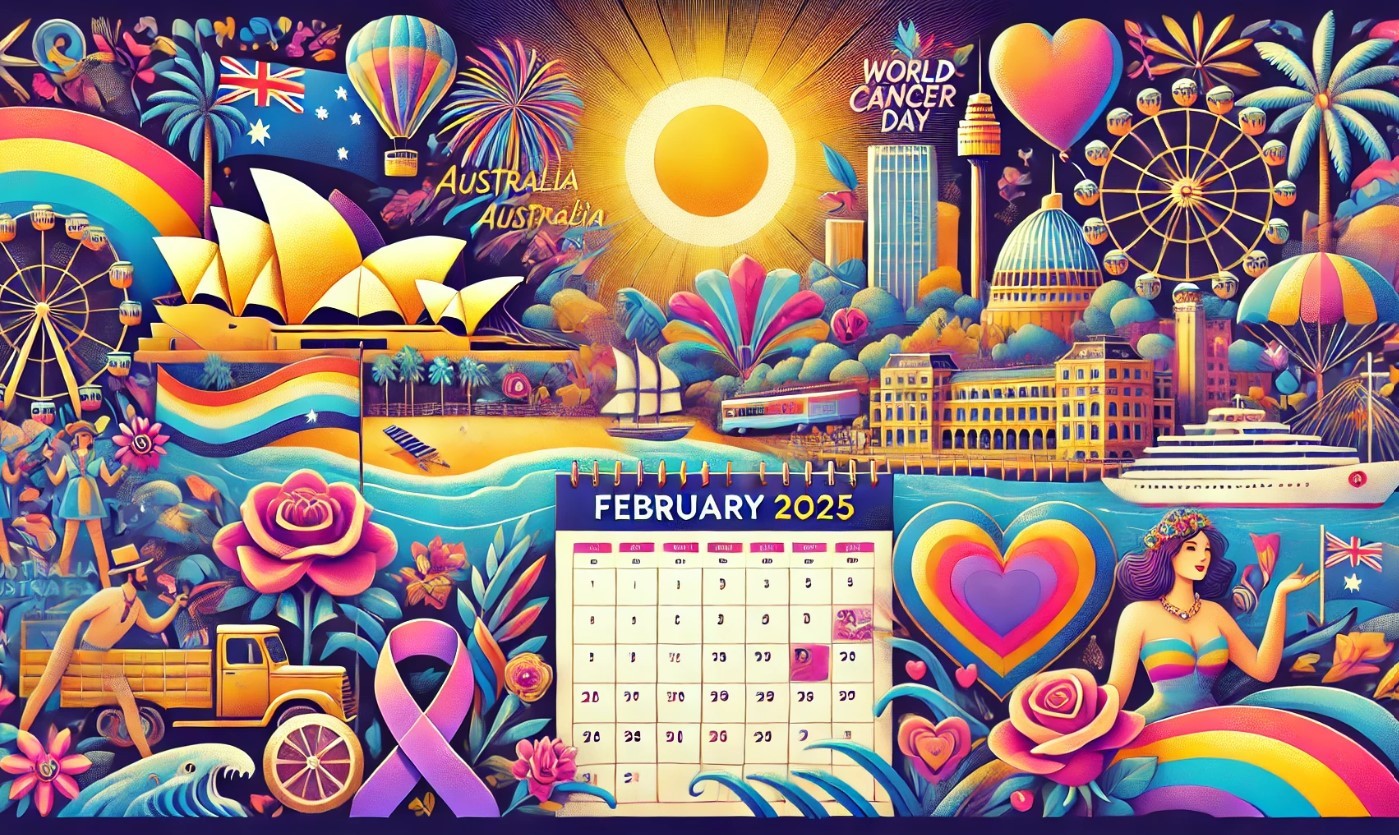Top 15 Most Popular Holidays And Festivals in Germany
| Table of Contents |
Everywhere there are people, from cities to villages, there's usually a festival of some kind, be it a summer fair or a major gathering for thousands of people featuring international performers.
The variety is incredible, including excellent classical music and theater performances, wine festivals, wild parties, and evocative Christmas markets.
Despite the latter, the majority take place between May and August, and during that time you can pretty much count on finding a well-mannered town center packed with stages and stalls where everyone is consuming a lot of food and beer.
Germany celebrates a wide range of pagan and religious festivals in addition to regional secular events.
Learn more: 2024/2025/2026 German Calendar - Special Days, Full List of National Holidays and International Events
 |
| Photo: Culturetrip.com |
1. Oktoberfest, Munich
Originally a royal wedding celebration, it has grown into the world's largest folk festival, bringing in crowds of almost 7 million people and nearly 8 million liters of beer. Munich, the capital of Bavaria, is home to numerous castles, palaces, monuments, and stunning architectural designs, making it one of Germany's most popular tourist destinations. The most well-known of all the traditional German festivals is Oktoberfest. The whole city dresses in dirndls and lederhosen for the two weeks of Oktoberfest every fall, and large crowds come to partake in the food, drink, and fun on the Wies'n.
2. Festival - Mediaval in Selb
German medieval theaters, fire shows, and folk music can all be found at Selb's Festival-Mediaval. Attendees dress in traditional costumes flock to Goldberg State Park for the 4-day event in September. If you intend to stay longer than one day, the festival grounds have tents available for rent.
Numerous workshops on customs from the Middle Ages, Renaissance, and early Baroque eras are also held during the festival. Everyone can find something to enjoy at Festival-Mediaval, from belly dancing and bagpiping to fencing and archery.
3. DFB Pokal, Berlin
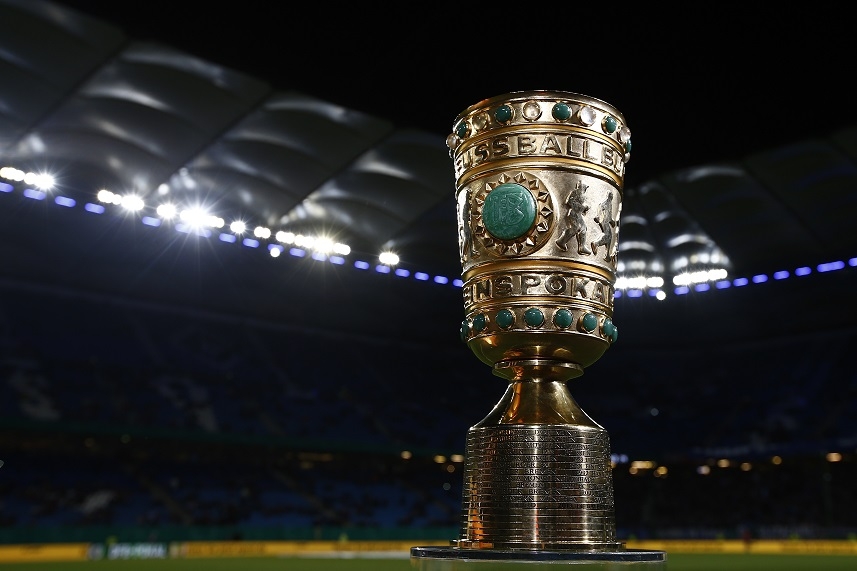 |
| Photo: Berlinerfootbalverbant.com |
You've never seen Germans at a soccer match if you thought they were stoic. Germans, like the majority of Europeans, are passionate about football and frequently harbor strong allegiances to their home team. The DFB Pokal, which is played yearly, is a knockout competition for 64 of Germany's best football teams.
The German version of the Super Bowl is the final, which is held in Berlin's Olympic Stadium during the summer. There are many rivals. Banners and face paint everywhere you look. One of the wildest and most emotional annual events in Germany is the DFB Pokal Final, which is characterized by singing, cheering, open weeping, and the occasional streaker.
4. Karneval, Cologne
Carnival was first celebrated in Venice and is now observed from Rio de Janeiro to New Orleans. Every one has a distinct taste, and the German version resembles a two-week long costume party. This is particularly true in Cologne, which is well-known for its Karneval festivities. Rose Monday is the biggest event of the season.
The parade's participants throw candy, flowers, and plush toys to the onlookers, most of whom are decked out in their goofiest costumes. Political satire is another common theme of the parade, with numerous floats displaying parodies of European politicians.
5. Beethovenfest, Bonn
This magnificent festival honors the memory of Ludwig van Beethoven by introducing audiences to German classical music. In 2020, the renowned artist will celebrate the 250th anniversary of his birth. More than 70 concert performances by some of the top orchestras, ensembles, soloists, etc. in the world are featured at this yearly event. This is a music lover's paradise.
6. Asparagusfest and Onionfest, Schwetzingen & Weimar
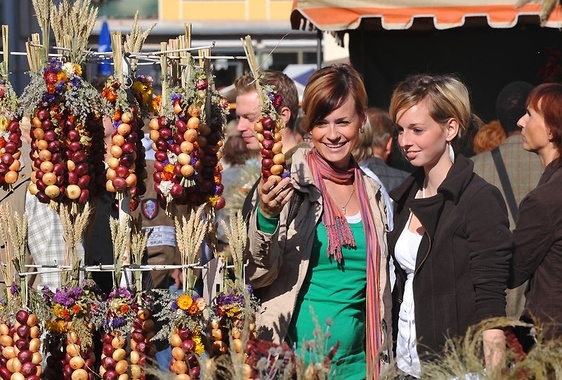 |
| Photo: Carnifest.com |
Germany's long-standing farmer culture has resulted in festivals honoring each significant harvest, with two crops in particular dominating the landscape. While there are food festivals in Germany devoted to almost every crop, two of the biggest and most well-known harvest celebrations are the Onionfest (Zwiebelnfest) in Weimar and the Asparagusfest (Spargelfest) in Schwetzingen.
You can purchase the freshest produce of the season as well as sample a variety of dishes that highlight the vegetable of the day and get costumes with an onion or asparagus theme.
7. Reeperbahn, Hamburg
Reeperbahn is a music festival that takes place across the stunning northern port city of Hamburg. It is the largest club festival in Europe and the German version of SXSW. Over the course of four days in September, upwards of eight hundred concerts take place in bars, clubs, and music venues around the city, rather than in one dedicated location.
The next generation of stars is discovered at Reeperbahn, where the newest darlings of music labels make their debuts. Tens of thousands of underground music enthusiasts, label scouts, and indie hopefuls attend.
8. Berlinale, Berlin
Berlinale stands out from many other film festivals despite being one of the most anticipated red carpet events in all of Europe because it is open to the general public as well as those in the film industry. Berlinale offers general admission tickets for individual screenings, but many distinguished film festivals are invite-only (Cannes) or demand the payment of thousands of dollars for an access badge (Sundance, SXSW). Furthermore, it's not all that expensive—at about 12 euros per person—compared to going to the movies in theaters.
9. Wurstmarkt, Bad Dürkheim
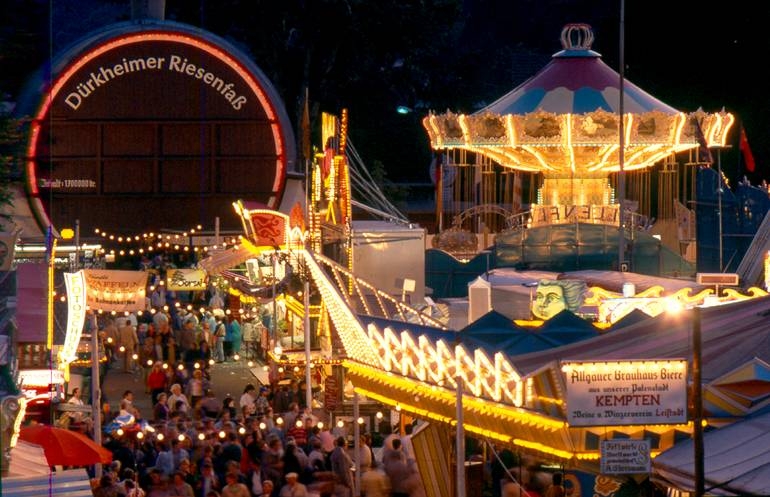 |
| Photo: KNAUSCampingPark.com |
Originating in 1417, Wurstmarkt is the largest wine festival in the world, drawing over 600,000 visitors each September. Wurst is German for sausage, and sausage is as plentiful as wine at this traditional German celebration, which guarantees a gluttonous good time.
There's a ton of tasting to be done at the 36 historic wineries in the area, which mostly grow Riesling, Pinot, and Gewurztraminer. According to the locals, Bad Dürkheim has two distinct seasons: those that precede and follow Wurstmarkt. Nobody remembers much of what transpires in between.
10. Walpurgisnacht, Heidelberg
A huge open-air amphitheater lies in ruin atop Heiligenberg Mountain in the charming university town of Heidelberg. Known as the Thingstätte, the ruins are among the last examples of Nazi architecture still standing in the region. The Thingstätte is now solely visited by hikers and is not in use. That is, until the tens of thousands of people who hike up the mountain and cram inside on the evening of April 30th every year.
11. Hafengeburtstag, Hamburg
Hamburg, a dazzling city in the north, is very important to western culture. Hamburg is a significant seaport that was established at the end of the 12th century. Without it, trade has always been important to Hamburg, and without it, the rest of the world might not have heard of The Beatles or the hamburger.
The Hafengeburtstag festival is held on the first weekend of May every year in Hamburg as a way of honoring the port that has made so many contributions to western culture. An expansive celebration featuring boat shows, fireworks, concerts, and an outdoor fair is attended by over a million people.
12. Rock Am Ring And Rock Im Park, Zeppelinfeld
The list of German music festivals is endless. The enormous twin festival of Rock am Ring and Rock Im Park is at the top of the charts. This musical storm is the biggest of all, a flawless fusion of various genres including rock, pop, metal, and even some rap. We promise you won't be able to resist trying out some dance moves. There is such incredible energy, and each artist's performance will leave you speechless.
13. Three King's Day (Dreikönigstag)
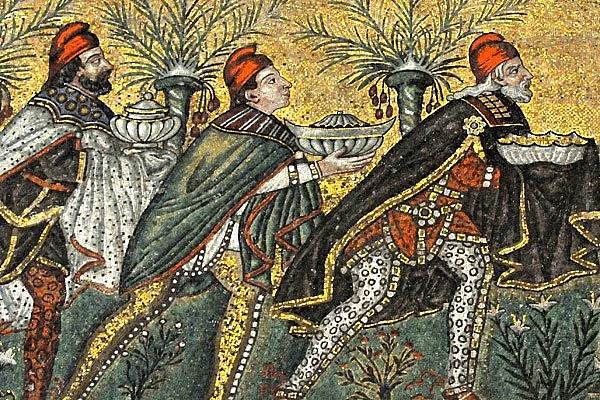 |
| Three King’s Day |
Many countries observe Christmas for the entire twelve days, ending on January 6th, the feast day of the Epiphany. Twelve days before Christmas is known as Three King's Day (Dreikönigstag) in Germany, honoring the Magi's entry into Bethlehem.
14. Cannstatter Volksfest, Stuttgart
This fantastic three-week long funfair and beer festival takes place every year. The second-largest beer festival in the world, Cannstatter Volksfest, draws visitors from all over the globe. This amazing attraction, which is full of bright festival tents, happy rides, lively flea markets, and much more, is a center of nonstop entertainment.
15. Unity Day, Berlin
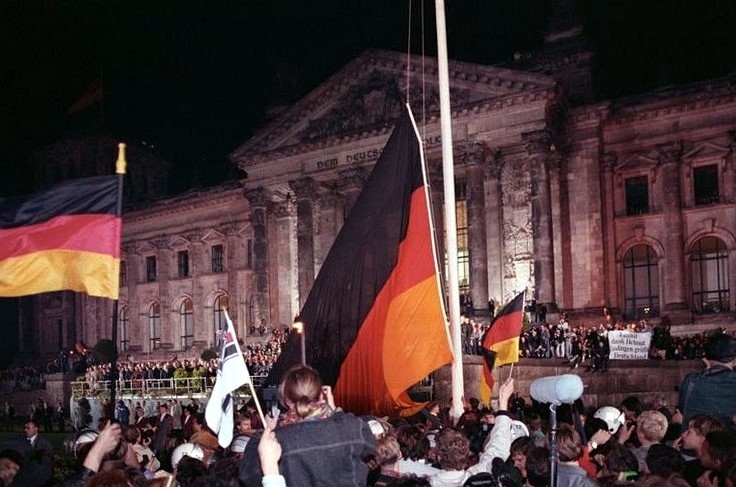 |
| Photo: Wikipedia.com |
Berlin commemorates this historic event with a massive citywide festival each year. A parade passes through the downtown area, fair grounds are constructed, outdoor concerts are held at the Brandenburg Gate, and historical and artistic exhibits are positioned all around the remnants of the Berlin Wall. Berlin's annual celebrations have a unique character that is unmatched by any other German city, considering that the city is still recovering from the Wall and separation. There will be plenty for you to do and see on German Unity Day in Berlin.
What is the most important holiday in Germany?It's challenging to determine which German holiday is the most significant. While Protestants tend to concentrate more on Reformation Day and Easter, Catholics value all of the religious holidays. Germany Unity Day is celebrated nationwide and holds political and social significance. But Christmas in Germany is a very special time for almost everyone. |
Conclusion
The Germans are renowned for their exceptional ability to celebrate. Germany hosts a multitude of festivals for various occasions and throughout the year. Here is a concise overview of Germany's more famous festivals, along with the food and traditions associated with them.
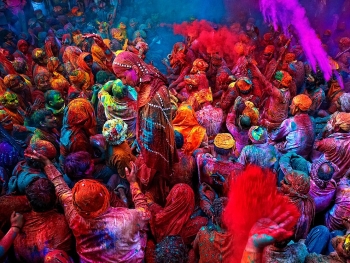 TOP 15 Most Popular Holidays and Festavals in India! TOP 15 Most Popular Holidays and Festavals in India! 2021 is coming with lots of vacations as well as holidays - festivals in every corner of India. Knowinsider ranked the 15 biggest or most ... |
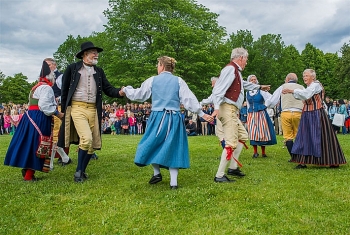 TOP 15 Most Popular Holidays in Sweden TOP 15 Most Popular Holidays in Sweden Sweden has one of the highest numbers of official holidays in Europe. Some of these are the classic religious holidays, such as Christmas, Easter, and ... |
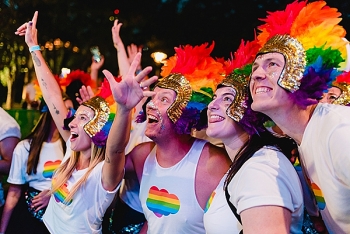 TOP 15 most popular holidays in Australia TOP 15 most popular holidays in Australia Need a relaxing holiday when coming to Australia? There are a plenty for you to make up your plan. Knowinsider will introduce you top 15 ... |



